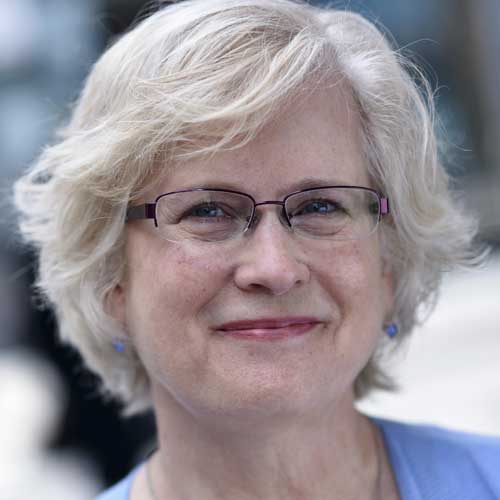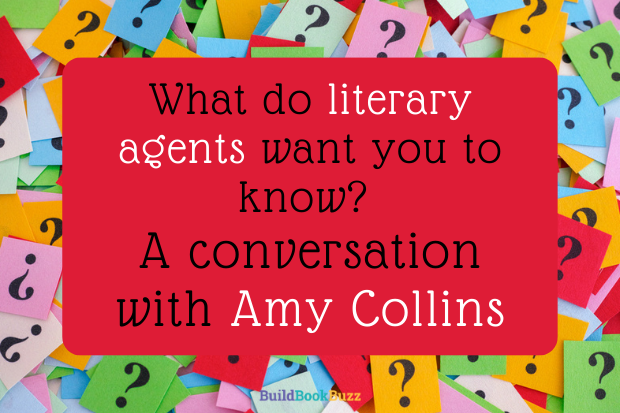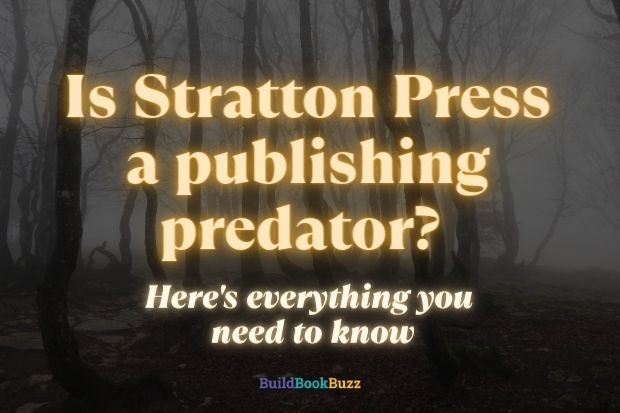Authors and book clubs
In one of my favorite Malcolm in the Middle episodes, mom Lois is excited about joining a book club with other mothers. She reads the book, highlights key passages, and arrives at the meeting prepared for an intellectual discussion.
It’s not long before she discovers the book club is a ruse.
The women just want to escape from their families, drink wine, and gossip.
“You didn’t really think we read the book, did you, Lois?” asks one woman, shocked.
Fortunately for authors, many book club members take their club commitments seriously, reading the assigned book and arriving prepared to both socialize and discuss the book.
This is good news for you if you think your book is book club material.
Finding book clubs
If your book is the type that’s popular with book clubs, it’s possible that some in your area will find and contact you. This is more likely if you’ve had local publicity.
You can also look for book clubs to contact. Options for doing so include:
- Ask at your library’s reference desk or talk to your local bookstore’s community relations manager.
- Talk to friends about the clubs they belong to and whether your book is a good fit for them.
- Inquire on social media.
- Search the book club section of Meetup.com.
- Use the ZIP Code search box at Reader’s Circle or list your book with the site.
- Pay a service to advertise your book to clubs.
Start by identifying local clubs so you can participate in person rather than by Skype, FaceTime, Google Chat, or speaker phone.
Local clubs will also be more open to working with you than those in other regions, which makes them a good starting point.
Use local club meetings to discover which discussion questions resonate and what questions they ask that aren’t on your list but should be. Let them be your training ground.
Getting selected
Your next challenge is to get your book selected by clubs. Even then, though, you also need to make sure it can be borrowed from libraries and purchased online or in person.
How will book clubs know yours is the perfect choice for them?
Among other things, you want to include a book club reading guide on your website.
This is essential because it helps your book get found by groups. It also tells them that you’re interested in working with them.
You’ll find detailed information on what to include in your book club discussion guide as well as what to expect from club appearances in Module 4 of our popular online course, “Book Marketing 101 for Fiction: How to Build Book Buzz.”
Reader connections are worth it
Like nearly every other book marketing tactic, attracting and connecting with book clubs takes time and effort.
Even so, if your book is appropriate for clubs, whether they’re general interest, cookbook, or Christian book groups, think about reaching out to them.
The one-on-one interaction with people who have read (and loved) your book can be more energizing than a Starbucks latte.
In addition, the feedback you’ll get that you can use to shape your next book is almost priceless.
Do you participate in book club meetings? What advice can you offer authors reaching out to them?
(Editor’s note: This article was first published in July 2013. It has been updated and expanded.)

Subscribe to the free Build Book Buzz newsletter and get the free special report, “Top 5 Free Book Promotion Resources,” immediately!








Hi Sandra – Thanks for the kind words and yes, we’re the one source vetting book clubs AND book reviewers out there – we look at it as “shrinking the web” down to just what authors need, without all the white noise.
Our fall edition of the reviewers directory releases on the Winner Circle on August 1, so timing is good to jump in – over 25% new content and some fabulous new reviewers that even our regular tribe hasn’t seen yet! Write on, Shari
This is great news, Shari. Thanks!
Keep up the great work!
Sandy
Sandy,
Fred and Nora St. Laurent run the Book Club Network at: http://www.bookfun.org/ It is another resource for authors who are looking for book club information and insights.
Terry
Good to know, Terry! Thanks for the link.
Sandy
thank you for this post. Hadn’t even thought of this as a resource. Very Helpful.
I’m glad it’s helpful, Kathy.
Sandy
Actually, I found bookclubs rather resistant to authors directly approaching them. One and all seemed to prefer to “discover” books by themselves. And yet, they all seemed to pick The Help as their next read. Any that didn’t immediately rebuff my offer (which included a Skype follow-up interview) only wanted deep discounts that were less than the cost of postage. So I would caution any author to pursue them.
John, as noted above, club members need to be able to borrow your book from libraries or purchase it online or a store. If it’s only available from the author, they’ll probably be less interested.
That said, it’s not so much about making money on book sales, but more about developing a “fan” base by building reader relationships. I don’t see how that can hurt an author who plans to write more than one book or wants an audience for related products. But it’s definitely not for everybody — or every book, that’s for sure.
I hope you’ve found another tactic that works well for you.
Sandy
We only include book clubs open to author contact.
Are there book clubs on the list that are specific to cookbooks? If so, how many? I’m preparing for the publication of my first cookbook (in a series of six) in October and wondering if joining would be worthwhile for a non-fiction book.
I’ll get you an answer for that, but I’ll also point out that the Winner Circle offers more than the book club directory.
: )
Sandy
Congrats on your upcoming cookbook and jot me a note when it releases – I know quite a few women who collect ’em! Meanwhile, yes, we have a few clubs who read cookbooks. There is one that reads the book and each member then makes a recipe from the book (cool idea, right?!) In addition within the Winner Circle is a quarterly updated directory of vetted book reviewers and their submission guidelines – a few dozen in the Food & Drink category… Happy Hunting! Shari
Thanks for the excellent advice. Much needed.
I’m so glad you found it helpful, Donna. Thanks for letting me know.
Sandy
I’m especially interested in Readers Circle. Has anyone had experience with them?
Great tips, thanks I’m already a subscriber and enjoy all your advice
I’m glad they’re helpful, Judith!
Sandy